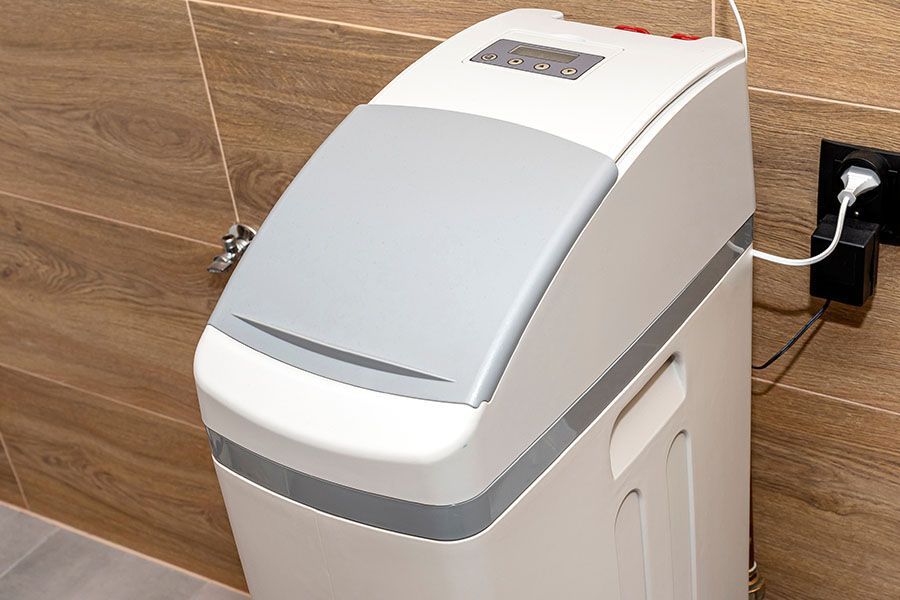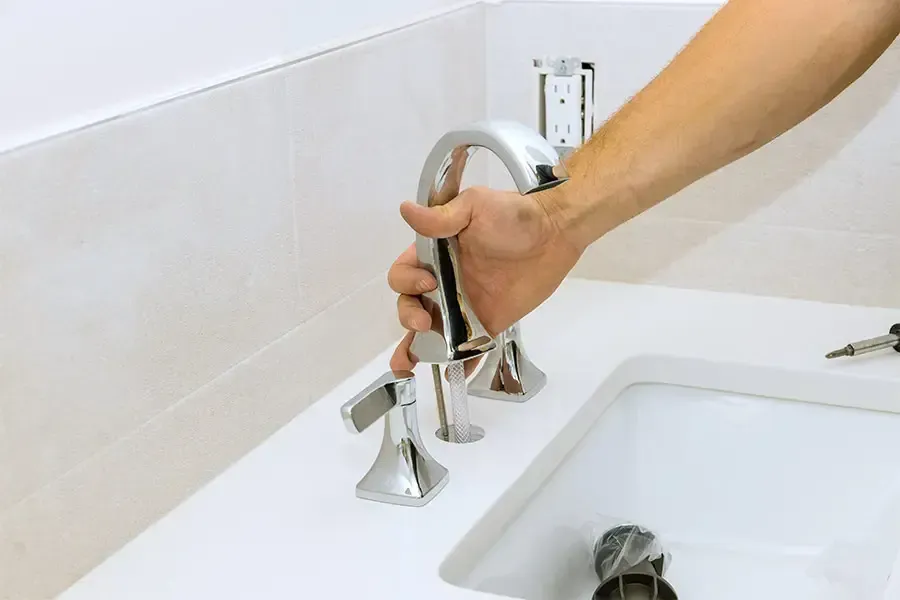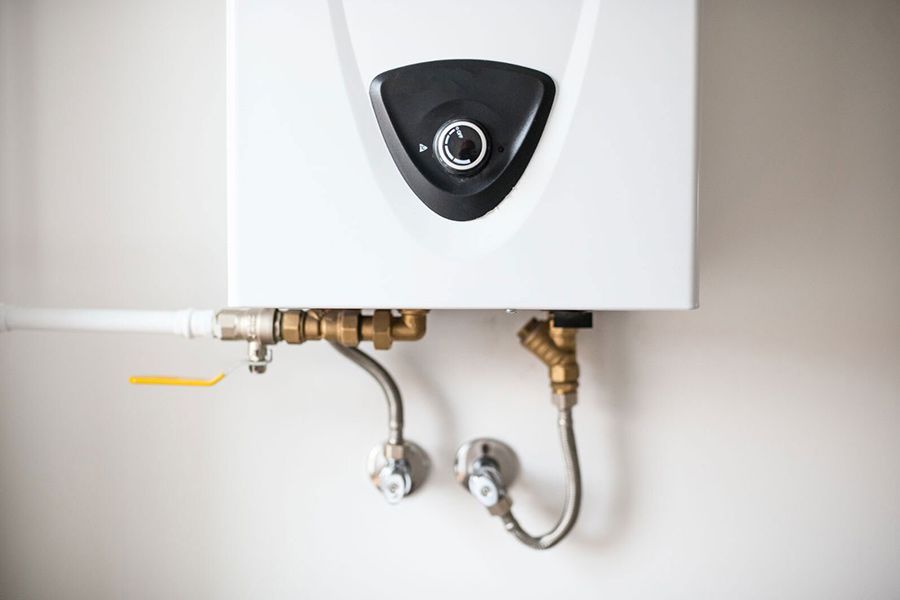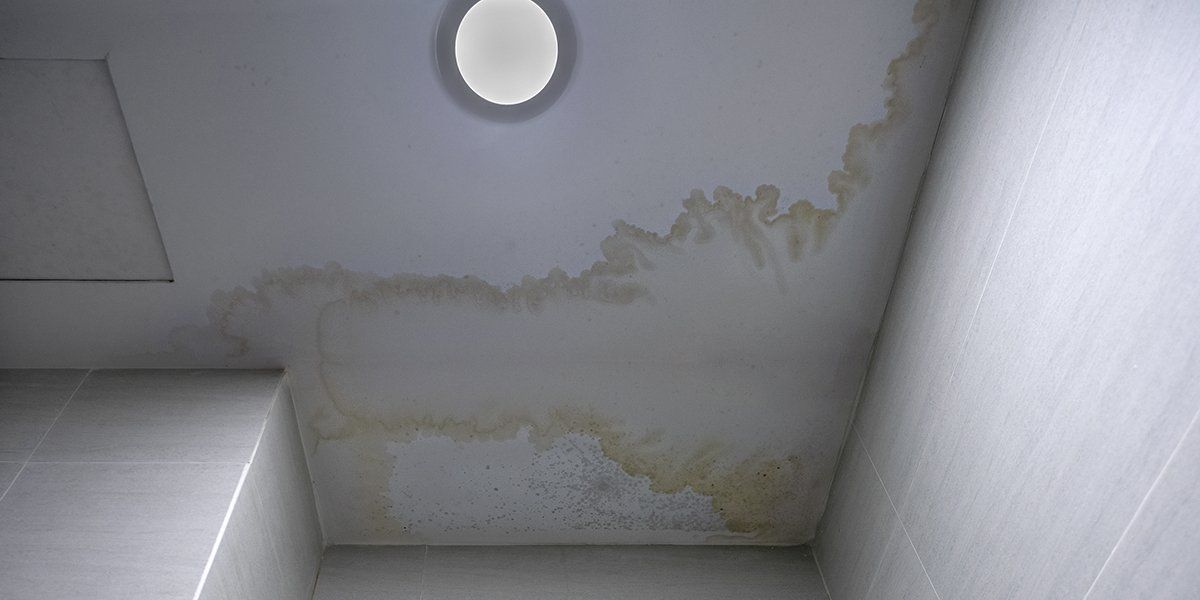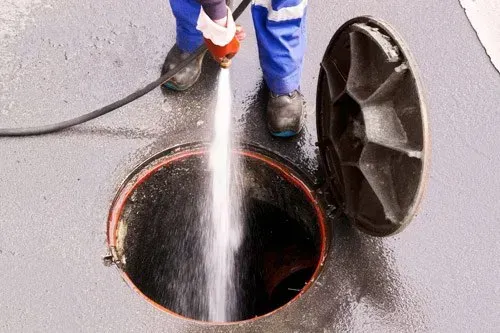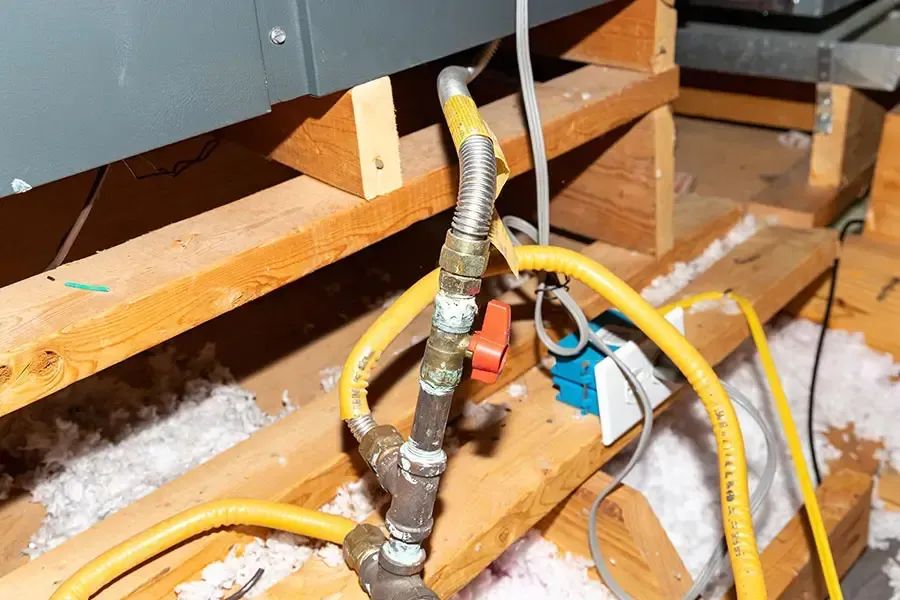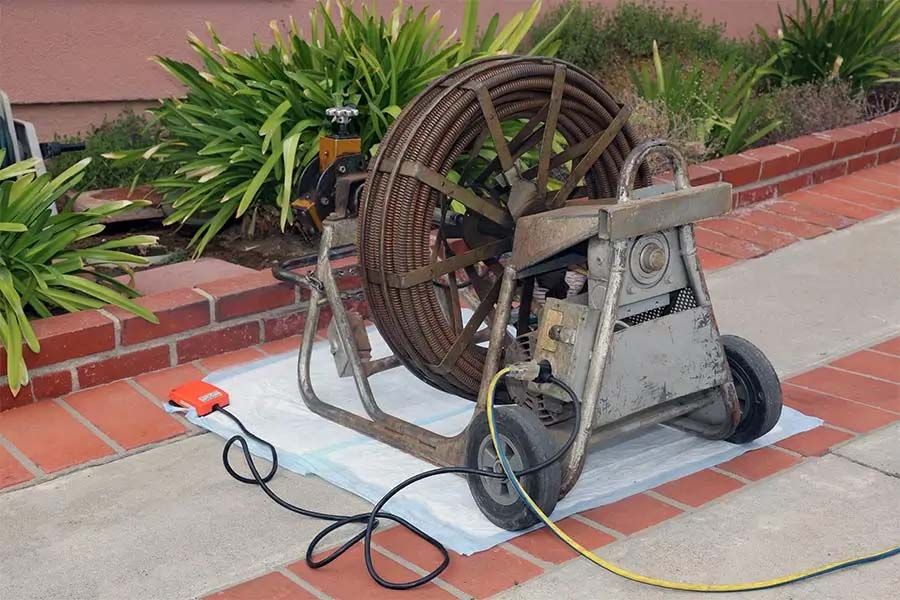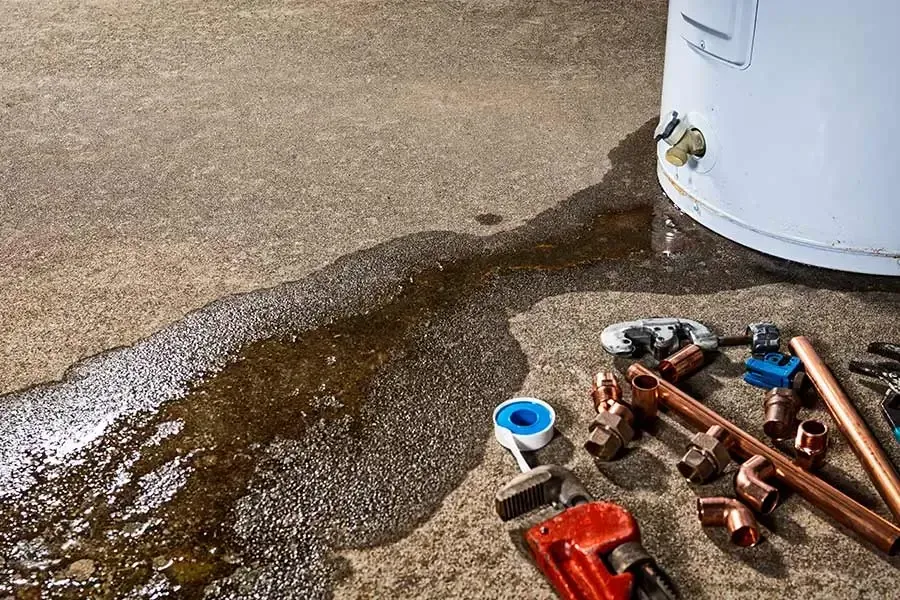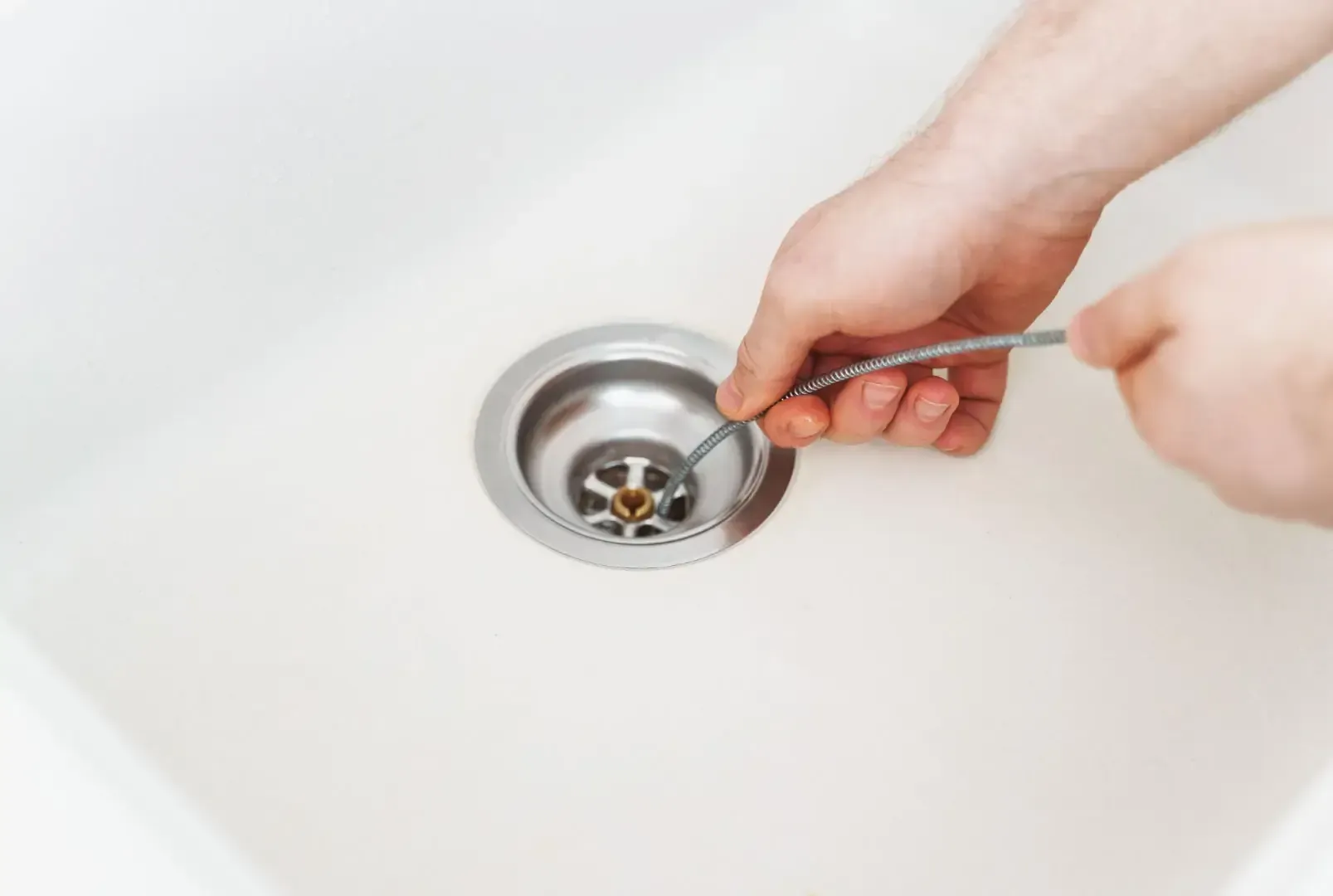Why Do Pipes Burst in the Winter?
If you’ve spent a few winters in Ohio, you’ve probably seen firsthand the effect of burst pipes due to the frost. It’s an experience you won’t want to relive. However, each time temperatures drop below freezing, the risk of burst pipes rises exponentially.
Why do pipes burst in the winter? As one of the most experienced plumbers in Cleveland Heights OH, we’ve seen many cases like this here at Formica Plumbing & Sewer Co. We know why it happens and what you can do to avoid it.
We’ll cover all the details in this blog post.
The Top Reasons for Pipe Bursts in the Winter
There are two major reasons why pipes burst in the winter. They include the following.
Water Pressure Buildup
When water freezes within your pipes, it becomes ice and expands. The expansion will cause a rise in the pressure within the pipes. As the water pressure worsens, the pipe will break. This explains why the pipes tend to break in areas further away from the frozen section.
Temperature Fluctuations
The temperature swings we notice during winter are harsh on everything, including your pipe work. The regular freezing and thawing cycle puts a lot of strain on plumbing systems and fixtures.
As temperatures rise during the day, the water inside the pipes will thaw and turn into ice. However, as temperatures dip at night, the melted water will freeze again. If the cycle continues long enough, it will weaken your pipe’s structural integrity.
If you’re wondering, “Why do pipes burst in the winter?” the answer is almost always one of these two conditions.
The pipes most at risk of bursting during the winter include uninsulated pipes and indoor pipes in unheated areas like attics, crawl spaces, and basements.
Common Signs of Frozen Pipes
Some of the top signs you have a frozen pipe include:
- Frost on the outside of the pipe
- Sudden drop in water volume from faucets and fixtures
- Whistling or bubbling sounds coming from pipes or when you use plumbing fixtures
- Dampness or puddles around your drywall
What Should You Do When Your Pipes Are Frozen?
If you notice any of the signs of a frozen pipe, you need to act quickly to keep your pipes from bursting. Here are a few key steps you should take:
- Turn the water supply off at the main shutoff valve.
- Open a few faucets so that water can flow through your pipes as the ice starts to melt.
- Heat the pipe’s frozen sections using a hairdryer, an electric heating pad, or a space heater.
- Turn off the heating only when the melted water has fully escaped from the pipes.
If your pipes have burst already, you can’t afford to waste further time on DIY fixes. Call an experienced plumber immediately to prevent water damage.
How To Keep Your Pipes From Getting Frozen
Proactive homeowners never have to wonder, “Why do pipes burst in the winter?” Here are some things you can do to ensure you have one less thing to worry about.
Disconnect All Exterior Hoses
As you prepare for the winter months, take some time to drain and disconnect any exterior hoses you have. Any leftover water in the hose will freeze and expand, causing the pipe to break. It can also cause cracks at the junction connecting the hose and the pipes to the rest of your home.
Insulate Your Pipes
One of the surest ways to keep your pipes from freezing in the winter is to keep them from getting cold in the first place.
DIY solutions such as foam insulation or heat tape are the go-to options for many homeowners. However, heat tape is tricky to install. If you have adequate insulation around the rest of your home, wrapping up the pipes with foam insulation is usually enough.
Protect Supply Lines in Your Garage
You need to keep your garage doors closed throughout the winter if you have any supply lines inside there. You’ll also need to protect the supply lines to and from your water heater if you have yours in the garage, like most people. Otherwise, you may end up dealing with a broken pipe and the loss of hot water at the same time.
Open a Few Faucets
As the temperatures drop, it’s always a good idea to leave a few faucets slightly open. If ice forms in the pipes, the open faucets will keep the pressure from building. Additionally, frozen water can flow out easily when it thaws, disrupting the freezing and thawing cycle.
Keep Cabinet Doors Open
The pipes under your cabinets are indoors, but they don’t always get as much warm air. The surest way to keep them safe is to open your cabinet doors to direct more warm air towards them.
Check for Leaks in Your Insulation
It doesn’t take a lot of cold air to freeze and burst your pipes. Therefore, you should check for cracks that may allow cold air into your home before winter fully kicks in. Check around doors, windows, bathroom or kitchen vents, and the basement or crawlspace area to ensure they are winter-proof.
Keep Your Heating Running
Taking steps to keep your heating costs down is the intuitive thing to do. However, a little bump in your heating costs is nothing compared to the financial cost of recovering from a burst pipe or sewer overflow. Therefore, it’s a good idea to set your thermostat to run at higher than 55 degrees even when you’re away.
Call Formica Plumbing & Sewer Co. for Quality Plumbing Service in Cleveland Heights, Ohio
Do you have any further questions on, “Why do pipes burst in the winter?” Maybe you’ve just noticed broken pipes after returning home from your warm weather holidays. Our team is here to help.
Call Formica Plumbing & Sewer Co. in Cleveland Heights, OH, today at 440-557-4605 to schedule a consultation. We can answer all your questions, including what causes air in water pipes, and fix your damaged pipes quickly.
Author Bio:
Matt Formica
He worked side by side with his cousin, Frank D. and sister Linda, in the office. The company has grown and now has six vans helping the surrounding communities with plumbing and sewer issues.
